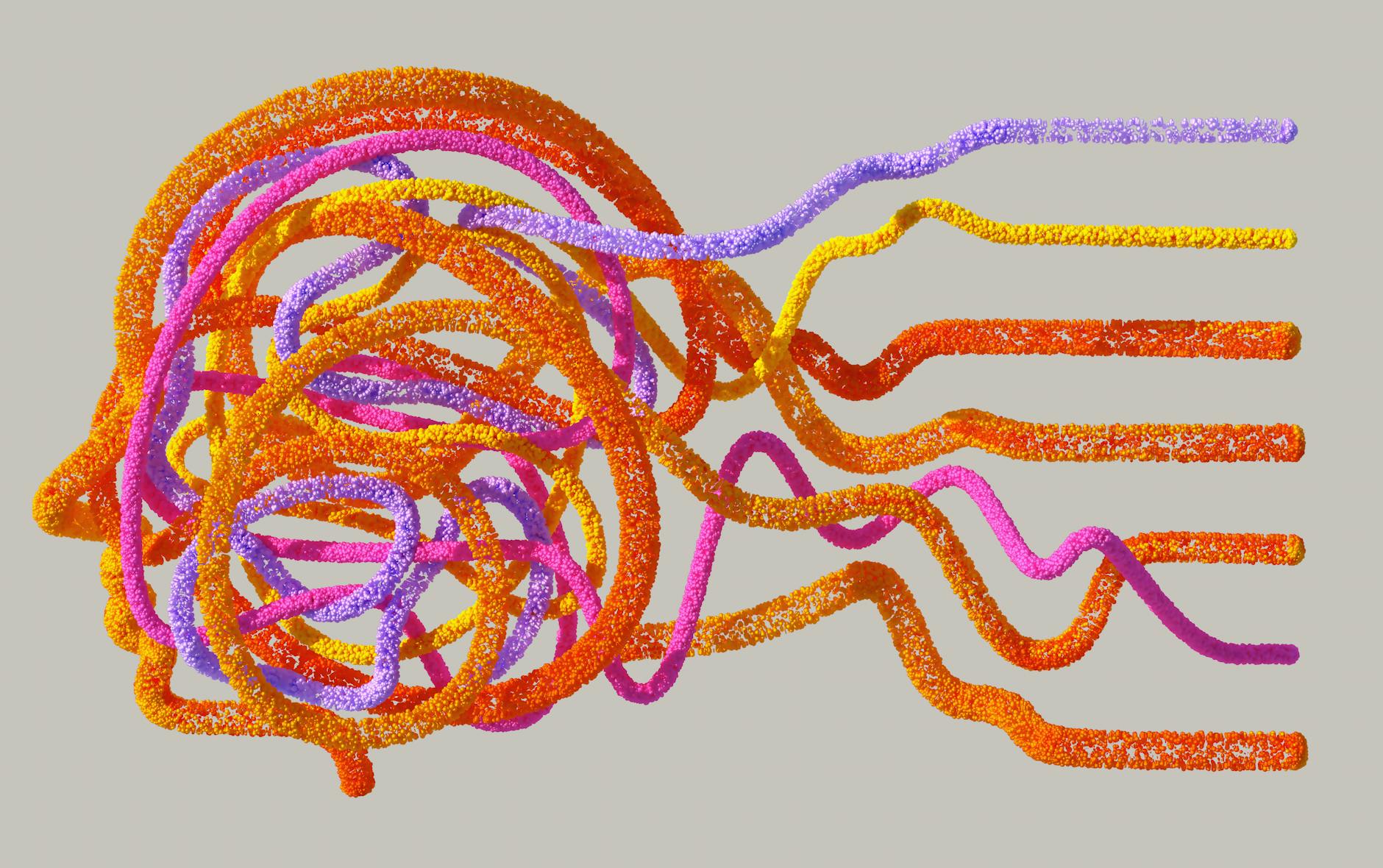MIT’s Self-Improving AI, SEAL, Ushers in a New Era of Machine Learning | Anthropic’s Interpretable AI & Hollywood’s AI-Driven Filmmaking

Key Takeaways
- MIT researchers unveil SEAL, a framework enabling AI models to self-improve through reinforcement learning.
- Anthropic focuses on developing “interpretable” AI, enhancing transparency and understanding of AI decision-making processes.
- Hollywood embraces AI-generated video technology, showcasing its potential to revolutionize filmmaking.
Main Developments
The AI landscape is rapidly evolving, with breakthroughs announced almost daily. Today’s most significant development comes from MIT, where researchers have unveiled SEAL, a groundbreaking framework that allows large language models (LLMs) to self-edit and update their own weights via reinforcement learning. This represents a significant leap towards truly autonomous and self-improving AI systems, moving beyond the limitations of human-driven training and fine-tuning. The implications are vast, potentially leading to faster development cycles, more efficient models, and ultimately, more intelligent and adaptable AI. The research, detailed in a SyncedReview article, positions MIT at the forefront of this exciting frontier.
Meanwhile, the quest for more transparent and understandable AI continues to gain momentum. Anthropic, known for its focus on safe and responsible AI development, is pushing the boundaries of “interpretable” AI. Their work, as reported by VentureBeat, aims to give us a peek into the “black box” of LLMs, allowing us to understand the reasoning and processes behind their conclusions. This is a crucial step towards building trust and ensuring the ethical application of increasingly powerful AI systems. The ability to interpret an AI’s decision-making process is vital for accountability and the responsible deployment of these technologies across diverse industries.
The practical applications of AI are also making significant strides. The Verge’s review of Eliza McNitt’s short film, “Ancestra,” produced in collaboration with Google’s DeepMind, showcases the transformative potential of generative AI in filmmaking. The film’s creation, relying heavily on AI-generated shots refined through prompts, highlights the growing interest from Hollywood studios and the potential for AI to revolutionize the art of movie-making. This collaboration between a creative director and cutting-edge AI technology demonstrates how AI can augment human creativity rather than replace it. Google’s ongoing work on Gemini, as discussed in their AI podcast, further underlines the company’s commitment to pushing the boundaries of AI across various sectors, including coding, a crucial element for future AI development. Even Andrej Karpathy’s recent YC AI SUS talk, widely discussed on Hacker News, focuses on the future trajectory of the industry, underscoring the ever-increasing pace of innovation.
Analyst’s View
The convergence of self-improving AI, interpretable AI, and the practical applications showcased in Hollywood signify a pivotal moment in the AI revolution. SEAL’s development marks a significant shift towards autonomous learning systems, while Anthropic’s work on interpretability addresses crucial ethical considerations. Hollywood’s embrace of AI-generated video demonstrates the real-world impact of these advancements. The coming months will be critical in watching how these technologies evolve and integrate into various industries. The ethical implications of self-improving systems and the need for robust regulatory frameworks will undoubtedly be at the forefront of the conversation. Moreover, the potential for unexpected breakthroughs driven by the interplay of these developments remains an exciting area to watch.
Source Material
- The Interpretable AI playbook: What Anthropic’s research means for your enterprise LLM strategy (VentureBeat AI)
- Ancestra actually says a lot about the current state of AI-generated videos (The Verge AI)
- Hear a podcast discussion about Gemini’s coding capabilities. (Google AI Blog)
- MIT Researchers Unveil “SEAL”: A New Step Towards Self-Improving AI (SyncedReview)
- Andrej Karpathy’s YC AI SUS talk on the future of the industry (Hacker News (AI Search))